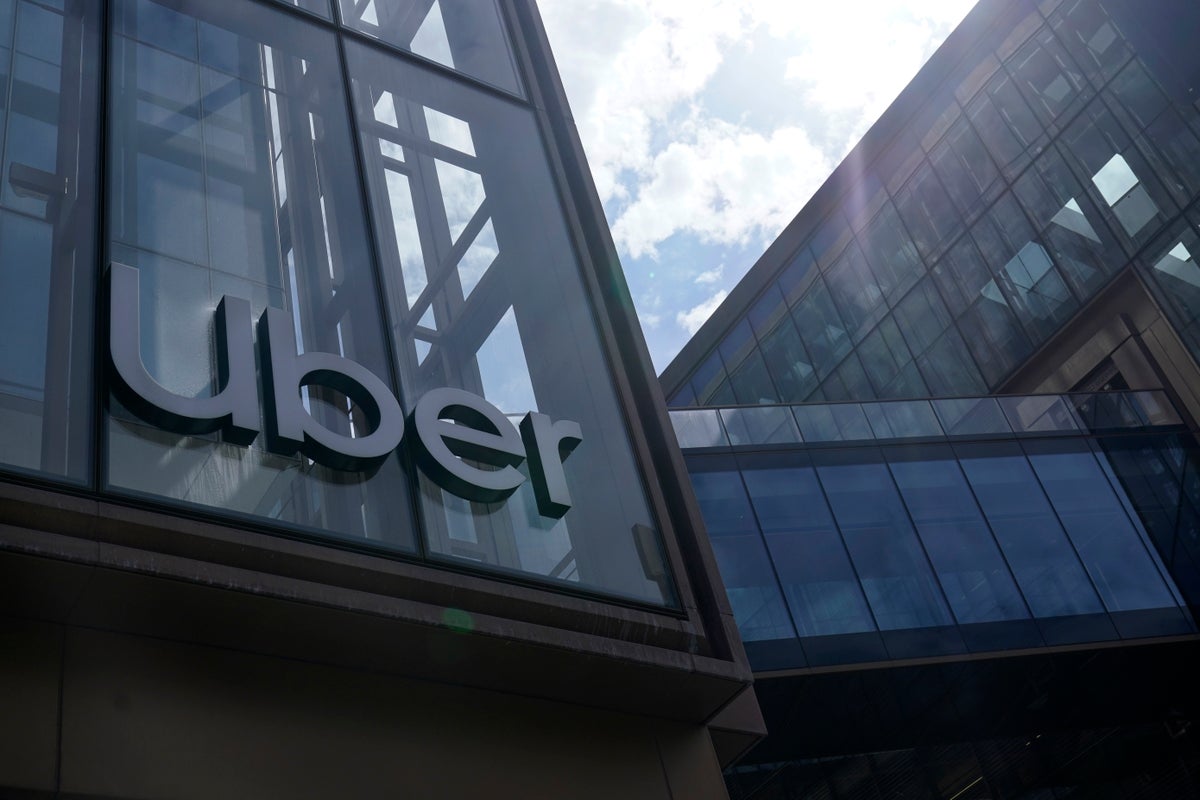
The U.S. Department of Justice filed a lawsuit Thursday against Uber, claiming drivers for the rideshare company repeatedly refuse service to passengers with disabilities.
Filed in federal court in San Francisco, the suit alleges that Uber discriminated against passengers with disabilities, especially those accompanied by service animals or using folding wheelchairs.
The DOJ claimed Uber unlawfully imposed surcharges, including cleaning fees for service animals and cancellation fees on riders who were denied service without justification.
It also alleged that Uber failed to accommodate passengers who need reasonable adjustments, such as allowing more time for boarding or seating. The suit also stated that some drivers allegedly “insult and demean people with disabilities or ask them inappropriate questions.”
The DOJ is asking for an injunction to end practices that violate the Americans with Disabilities Act, for reforms to Uber’s business policies and training, and for monetary damages and civil penalties to compensate those harmed.
.jpg)
An Uber spokesperson told The Independent in a statement that the company “fundamentally disagrees with the DOJ’s allegations,” adding that service animals are always welcome to tag along.
“Every driver must acknowledge and agree to comply with our U.S. Service Animal Policy and all applicable accessibility laws before using the Uber Driver app, and we regularly remind drivers of these obligations. When we confirm a violation, we take decisive action, including permanent account deactivation,” the spokesperson said.
Uber further noted that last year, it distributed a service animal education video to all U.S. drivers, developed with input from blind and service animal advocacy groups. The video explains the importance of service animals, offers transport tips, and reinforces that denying rides due to service animals is both against Uber policy and illegal. It is available to all drivers in the Driver Learning Center within the app.
This isn’t the first time the DOJ has gone after Uber for a similar matter. In November 2021, the DOJ sued Uber, also alleging the company violated the ADA, this time, focused on its “wait time fee” policy.
The policy charged riders who took more than two minutes to enter a vehicle, even when the delay was due to a disability. Affected passengers included those using wheelchairs, walkers, or passengers who are blind. The DOJ claimed Uber often refused to refund these fees, despite knowing the delays were disability-related.
Uber initially denied that its wait time fee policy violated the ADA, arguing that the fees were designed to compensate drivers for their time, not to punish riders who needed more time to board due to a disability. The company claimed the policy was not discriminatory, as the charges only applied after a set waiting period.

While Uber sometimes refunded wait time fees to disabled riders who complained, the DOJ said that the company also denied some refund requests, even when the delays were clearly related to a disability. This inconsistency led to further scrutiny and legal action.
In July 2022, Uber settled with the DOJ. As part of the agreement, the company committed to waiving wait time fees for riders who certify that they, or someone they frequently travel with, need extra time to board due to a disability. The settlement also required Uber to make refunds available to those who had been charged unfairly but were not part of the waiver program.
Additionally, Uber agreed to train its customer service staff on how to handle the waiver program and refund process.
The company also credited the accounts of more than 65,000 eligible riders, often providing double the amount of the original wait time fees as compensation. In total, Uber set aside over $1.7 million for people who had filed complaints and an additional $500,000 for others who may have been affected.
Ride-hailing app Bolt records spike in hospital trips amid Tube strikes
Veteran marine found shot dead on side of the road after working an Uber shift
Amazon's Zoox launches its robotaxi service in Las Vegas
Maine principals fight DOJ request for student names in transgender athlete case
Ride-hailing app Bolt records spike in hospital trips amid Tube strikes
Why political violence has spiked in the Trump era and what can be done to stop it







